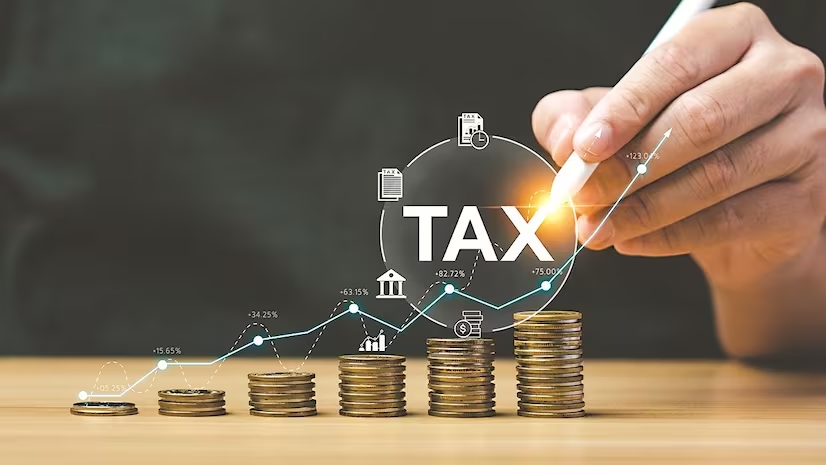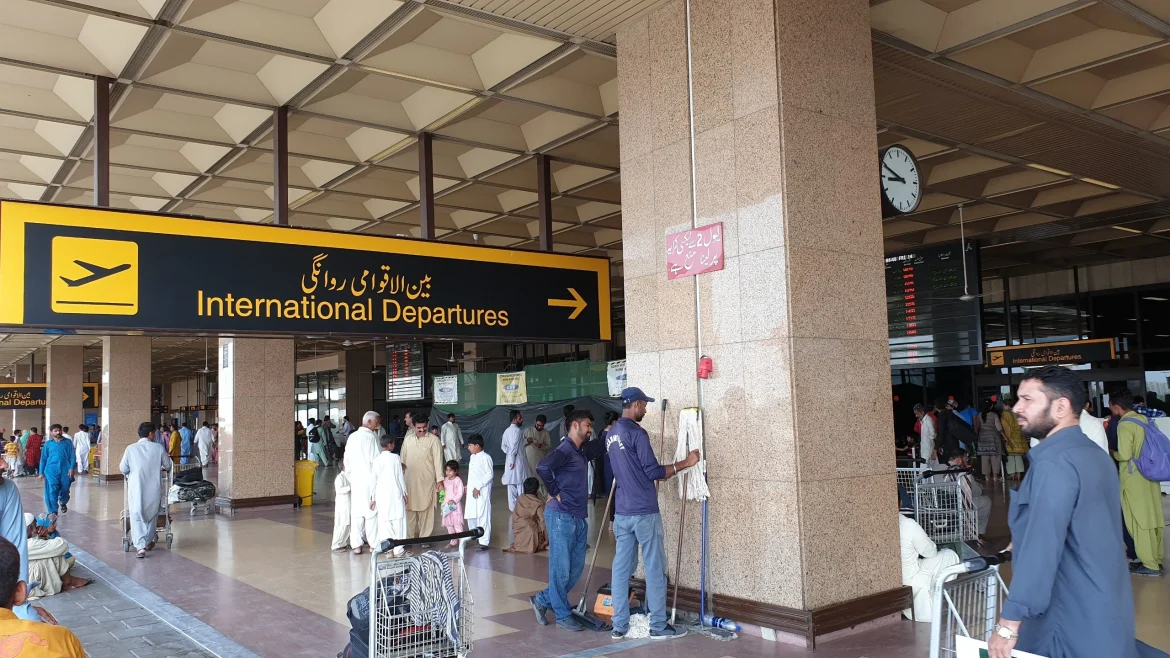- The Pakistan Business Council (PBC) warns that recent tax hikes on the salaried class could drive skilled professionals, such as doctors, engineers, and IT specialists, to seek better opportunities abroad.
- The potential exodus of high-income earners could lead to reduced innovation, decreased tax revenue, labor market imbalances, and weakened public health and education sectors.
- To address these challenges, the government should consider implementing equitable tax reforms, offering retention incentives, investing in technology and education, and fostering public-private partnerships to create a favorable environment for skilled professionals.
As Pakistan grapples with economic challenges, the imposition of higher taxes on the salaried class is poised to have far-reaching consequences. The Pakistan Business Council (PBC) has raised alarms about the potential exodus of skilled and highly professional Pakistanis, who are increasingly seeking opportunities abroad.
Rising Tax Burden on Salaried Class
The recent budget has introduced significant tax hikes for salaried individuals, aiming to increase revenue and address fiscal deficits. However, this approach has sparked widespread concern among professionals. Many believe that these tax increases disproportionately affect those who are already contributing a substantial portion of their income to the national exchequer.
Brain Drain: A Looming Crisis
The PBC’s warning highlights a critical issue: the brain drain. Pakistan’s talented workforce, comprising doctors, engineers, IT professionals, and other skilled workers, is crucial for the country’s development. Higher taxes and the decrease in disposable income could drive these professionals to seek better financial prospects and quality of life abroad. This migration of talent can severely hamper Pakistan’s economic growth and innovation potential.

Economic Impact of Skilled Emigration
The departure of skilled professionals can lead to a multitude of economic challenges:
- Reduced Innovation and Competitiveness: The loss of highly skilled workers diminishes the country’s ability to innovate and compete on a global scale.
- Decreased Tax Revenue: Ironically, while higher taxes aim to increase revenue, the emigration of high-income earners could lead to a net decrease in tax collection.
- Labor Market Imbalance: The outflow of skilled labor creates gaps in critical sectors, potentially leading to higher labor costs and reduced productivity.
- Impact on Education and Health Sectors: The exodus of doctors and educators, in particular, could undermine public health and education systems, further exacerbating social inequalities.
Government’s Stance and Public Reaction
The government justifies the tax increases as a necessary measure to stabilize the economy. However, there is growing public discontent. Many professionals argue that the government should focus on broadening the tax base and cutting unnecessary expenditures instead of overburdening the salaried class.
Twitter Reacts to New PTA Tax Policy, Significant Percentage of Tax Increases on Apple iPhones. Read the full story here:
Gone are the days when you could conveniently ask someone flying from overseas to buy you the latest Apple iPhone – of course, for its exclusivity and the price point that you can get from the Apple store. Now, the government of Pakistan has imposed heavy goods and services taxes (GST) and customs duty charges on iPhones which adds up to quite a huge sum making it difficult for people from now onwards to get their hands on the latest technology.
Twitter Reacts to New PTA Tax Policy, Significant Percentage of Tax Increases on Apple iPhones
Have something to add? Let us know in the comments section below.
For more news and updates, stay tuned to Wow 360.
